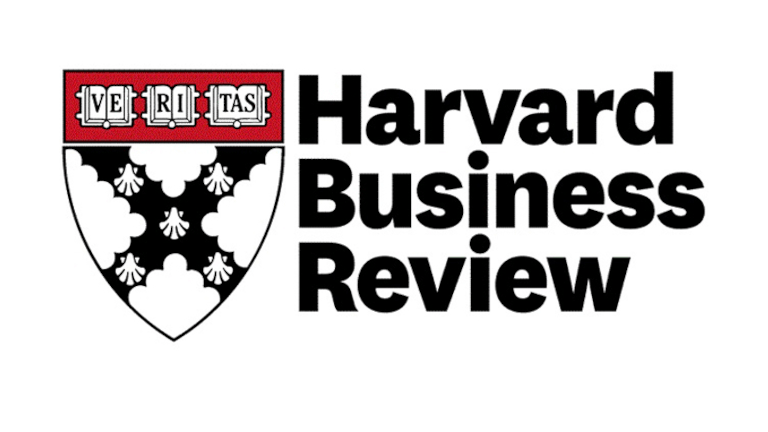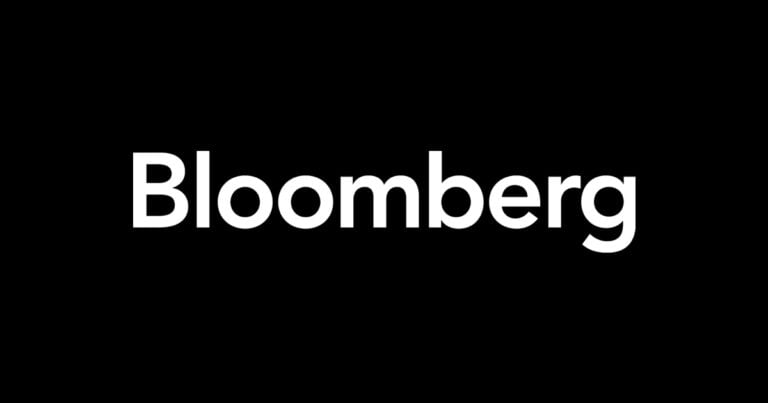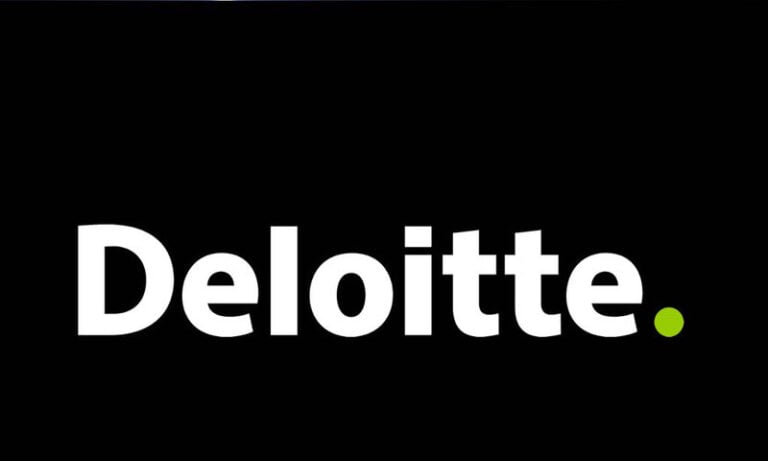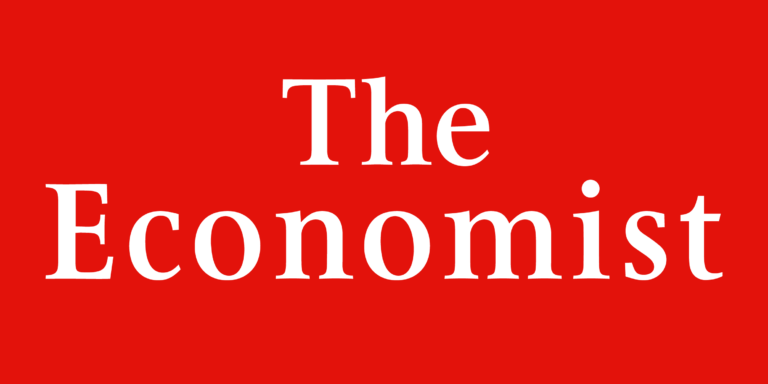What Is Disruptive Innovation?
Summary. For the past 20 years, the theory of disruptive innovation has been enormously influential in business circles and a powerful tool for predicting which industry entrants will succeed. Unfortunately, the theory has also been widely misunderstood, and the “disruptive” label has been applied too carelessly anytime a market newcomer shakes up well-established incumbents.
In this article, the architect of disruption theory, Clayton M. Christensen, and his coauthors correct some of the misinformation, describe how the thinking on the subject has evolved, and discuss the utility of the theory.
They start by clarifying what classic disruption entails—a small enterprise targeting overlooked customers with a novel but modest offering and gradually moving upmarket to challenge the industry leaders. They point out that Uber, commonly hailed as a disrupter, doesn’t actually fit the mold, and they explain that if managers don’t understand the nuances of disruption theory or apply its tenets correctly, they may not make the right strategic choices. Common mistakes, the authors say, include failing to view disruption as a gradual process (which may lead incumbents to ignore significant threats) and blindly accepting the “Disrupt or be disrupted” mantra (which may lead incumbents to jeopardize their core business as they try to defend against disruptive competitors).
The authors acknowledge that disruption theory has certain limitations. But they are confident that as research continues, the theory’s explanatory and predictive powers will only improve.
https://hbr.org/2015/12/what-is-disruptive-innovation
The theory of disruptive innovation, introduced in these pages in 1995, has proved to be a powerful way of thinking about innovation-driven growth. Many leaders of small, entrepreneurial companies praise it as their guiding star; so do many executives at large, well-established organizations, including Intel, Southern New Hampshire University, and Salesforce.com.
Unfortunately, disruption theory is in danger of becoming a victim of its own success. Despite broad dissemination, the theory’s core concepts have been widely misunderstood and its basic tenets frequently misapplied. Furthermore, essential refinements in the theory over the past 20 years appear to have been overshadowed by the popularity of the initial formulation. As a result, the theory is sometimes criticized for shortcomings that have already been addressed.
There’s another troubling concern: In our experience, too many people who speak of “disruption” have not read a serious book or article on the subject. Too frequently, they use the term loosely to invoke the concept of innovation in support of whatever it is they wish to do. Many researchers, writers, and consultants use “disruptive innovation” to describe any situation in which an industry is shaken up and previously successful incumbents stumble. But that’s much too broad a usage.






